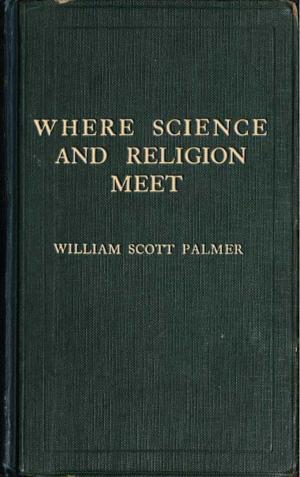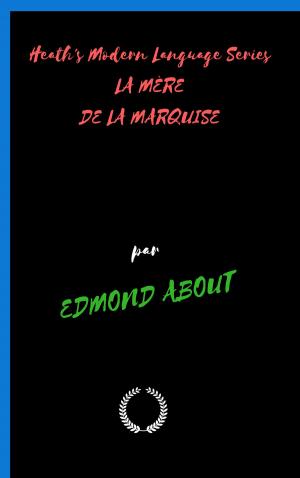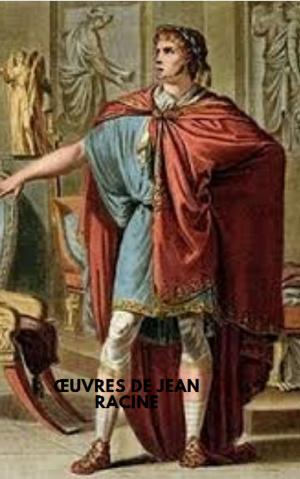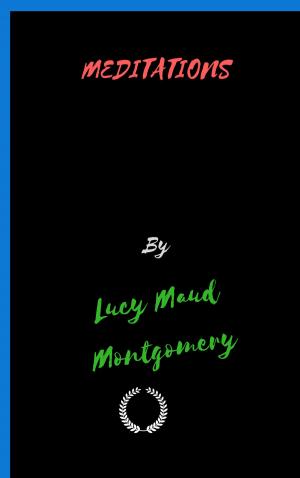| Author: | JOSEPH SHERIDAN LE FANU | ISBN: | 1230002424361 |
| Publisher: | Jwarlal | Publication: | July 12, 2018 |
| Imprint: | Language: | English |
| Author: | JOSEPH SHERIDAN LE FANU |
| ISBN: | 1230002424361 |
| Publisher: | Jwarlal |
| Publication: | July 12, 2018 |
| Imprint: | |
| Language: | English |
It was winter—that is, about the second week in November—and great gusts were rattling at the windows, and wailing and thundering among our tall trees and ivied chimneys—a very dark night, and a very cheerful fire blazing, a pleasant mixture of good round coal and spluttering dry wood, in a genuine old fireplace, in a sombre old room. Black wainscoting glimmered up to the ceiling, in small ebony panels; a cheerful clump of wax candles on the tea-table; many old portraits, some grim and pale, others pretty, and some very graceful and charming, hanging from the walls. Few pictures, except portraits long and short, were there. On the whole, I think you would have taken the room for our parlour. It was not like our modern notion of a drawing-room. It was a long room too, and every way capacious, but irregularly shaped.
A girl, of a little more than seventeen, looking, I believe, younger still; slight and rather tall, with a great deal of golden hair, dark grey-eyed, and with a countenance rather sensitive and melancholy, was sitting at the tea-table, in a reverie. I was that girl.
The only other person in the room—the only person in the house related to me—was my father. He was Mr. Ruthyn, of Knowl, so called in his county, but he had many other places, was of a very ancient lineage, who had refused a baronetage often, and it was said even a viscounty, being of a proud and defiant spirit, and thinking themselves higher in station and purer of blood than two-thirds of the nobility into whose ranks, it was said, they had been invited to enter. Of all this family lore I knew but little and vaguely; only what is to be gathered from the fireside talk of old retainers in the nursery.
I am sure my father loved me, and I know I loved him. With the sure instinct of childhood I apprehended his tenderness, although it was never expressed in common ways. But my father was an oddity. He had been early disappointed in Parliament, where it was his ambition to succeed. Though a clever man, he failed there, where very inferior men did extremely well. Then he went abroad, and became a connoisseur and a collector; took a part, on his return, in literary and scientific institutions, and also in the foundation and direction of some charities. But he tired of this mimic government, and gave himself up to a country life, not that of a sportsman, but rather of a student, staying sometimes at one of his places and sometimes at another, and living a secluded life.
Rather late in life he married, and his beautiful young wife died, leaving me, their only child, to his care. This bereavement, I have been told, changed him—made him more odd and taciturn than ever, and his temper also, except to me, more severe. There was also some disgrace about his younger brother—my uncle Silas—which he felt bitterly.
He was now walking up and down this spacious old room, which, extending round an angle at the far end, was very dark in that quarter. It was his wont to walk up and down thus, without speaking—an exercise which used to remind me of Chateaubriand's father in the great chamber of the Château de Combourg. At the far end he nearly disappeared in the gloom, and then returning emerged for a few minutes, like a portrait with a background of shadow, and then again in silence faded nearly out of view.
It was winter—that is, about the second week in November—and great gusts were rattling at the windows, and wailing and thundering among our tall trees and ivied chimneys—a very dark night, and a very cheerful fire blazing, a pleasant mixture of good round coal and spluttering dry wood, in a genuine old fireplace, in a sombre old room. Black wainscoting glimmered up to the ceiling, in small ebony panels; a cheerful clump of wax candles on the tea-table; many old portraits, some grim and pale, others pretty, and some very graceful and charming, hanging from the walls. Few pictures, except portraits long and short, were there. On the whole, I think you would have taken the room for our parlour. It was not like our modern notion of a drawing-room. It was a long room too, and every way capacious, but irregularly shaped.
A girl, of a little more than seventeen, looking, I believe, younger still; slight and rather tall, with a great deal of golden hair, dark grey-eyed, and with a countenance rather sensitive and melancholy, was sitting at the tea-table, in a reverie. I was that girl.
The only other person in the room—the only person in the house related to me—was my father. He was Mr. Ruthyn, of Knowl, so called in his county, but he had many other places, was of a very ancient lineage, who had refused a baronetage often, and it was said even a viscounty, being of a proud and defiant spirit, and thinking themselves higher in station and purer of blood than two-thirds of the nobility into whose ranks, it was said, they had been invited to enter. Of all this family lore I knew but little and vaguely; only what is to be gathered from the fireside talk of old retainers in the nursery.
I am sure my father loved me, and I know I loved him. With the sure instinct of childhood I apprehended his tenderness, although it was never expressed in common ways. But my father was an oddity. He had been early disappointed in Parliament, where it was his ambition to succeed. Though a clever man, he failed there, where very inferior men did extremely well. Then he went abroad, and became a connoisseur and a collector; took a part, on his return, in literary and scientific institutions, and also in the foundation and direction of some charities. But he tired of this mimic government, and gave himself up to a country life, not that of a sportsman, but rather of a student, staying sometimes at one of his places and sometimes at another, and living a secluded life.
Rather late in life he married, and his beautiful young wife died, leaving me, their only child, to his care. This bereavement, I have been told, changed him—made him more odd and taciturn than ever, and his temper also, except to me, more severe. There was also some disgrace about his younger brother—my uncle Silas—which he felt bitterly.
He was now walking up and down this spacious old room, which, extending round an angle at the far end, was very dark in that quarter. It was his wont to walk up and down thus, without speaking—an exercise which used to remind me of Chateaubriand's father in the great chamber of the Château de Combourg. At the far end he nearly disappeared in the gloom, and then returning emerged for a few minutes, like a portrait with a background of shadow, and then again in silence faded nearly out of view.















